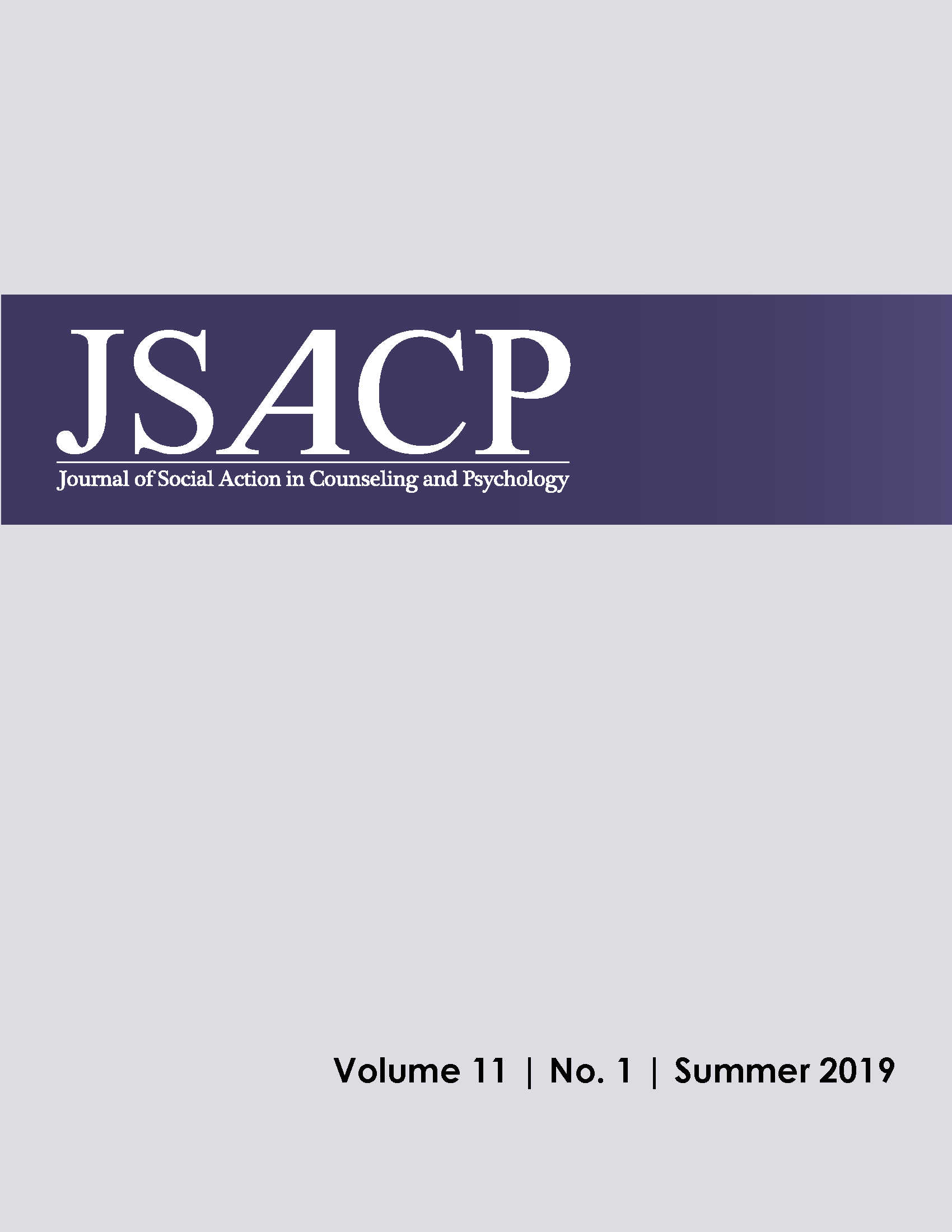Quality of Life for North Korean Female Refugees: The Influence of Physical Health, PTSD, and Social Support
DOI:
https://doi.org/10.33043/JSACP.11.1.2-13Abstract
Background of the Study.The purpose of this study was to test a mediation model that describes the pathways
through which female North Korean defectors’ perceived physical health and Post-traumatic stress disorder
(PTSD) symptoms may be associated with their quality of life. Specifically, we aimed to investigate whether social
support would mediate the association between North Korean defectors’ perceived physical health and PTSD
symptoms and their quality of life. Methods. The study sample included 172 female North Korean defectors
living in South Korea. Participants completed a health condition checklist, the Posttraumatic Stress Disorder
Checklist-Civilian Version (PLC-C), the Multidimensional Scale of Perceived Social Support (MSPSS), and
the Korean version of the Short-Form 8-Item Health Survey (SF-8). Results. The structural equation model
confirmed the hypothesized mediation model, with the following indices: χ2 (38) = 86.184, CFI = 0.97, NFI =
0.95, TLI = 0.96, RMSEA = 0.08 (90% CI: 0.06 - 0.10). Discussion. Our findings could help counselors understand
unique issues that women refugees may experience as well as protective factors in their life (i.e., social support).
Downloads
Downloads
Published
How to Cite
Issue
Section
License
Copyright (c) 2019 Lee, Shin, & Lee

This work is licensed under a Creative Commons Attribution-NonCommercial-NoDerivatives 4.0 International License.
By submitting to JSACP, the author(s) agree to the terms of the Author Agreement. Beginning in 2018, all authors retain copyrights associated with their article contributions and agree to make such contributions available under a Creative Commons Attribution-NonCommercial-NoDerivatives 4.0 International license upon publication in JSACP. Copyrights to articles published prior to 2018 have been transferred from the authors to JSACP.









